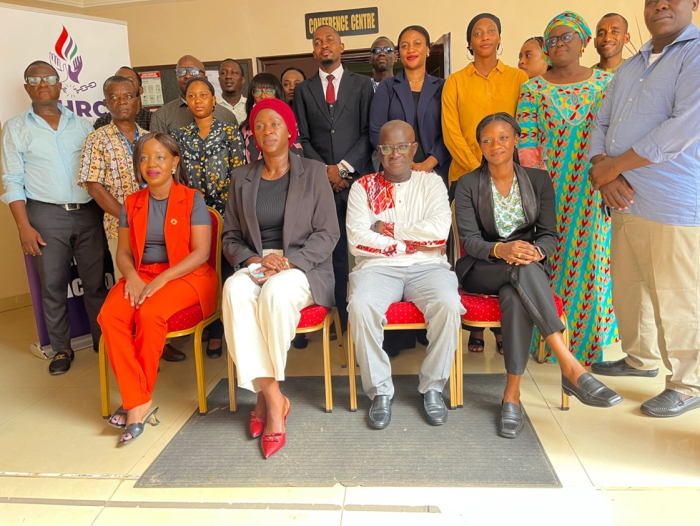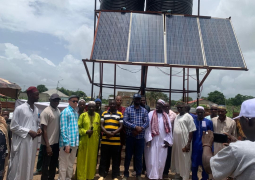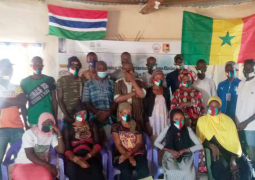
Commissioner Drammeh acknowledged that the gathering demonstrates a collective dedication to building a society where human rights are not only protected but also respected and fulfilled. Commissioner Drammeh emphasised the importance of the day’s exercise, describing it as a vital step in strengthening the Commission’s advisory role and in supporting the Government as the primary duty bearer to put in place effective mechanisms for the promotion and protection of human rights.
On the proposed National Monitoring, Reporting, and Implementation Framework (NMRIF), Commissioner Drammeh indicated that the question is no longer whether such a mechanism is needed, but rather when and what model best suits The Gambia’s context.
He stressed the necessity of a system that can coordinate the preparation, submission, and follow-up of the country’s human rights treaty reports, track the implementation of recommendations, and monitor concluding observations.
While commending the Ministry of Justice for its ongoing efforts in coordinating these demanding processes, he observed that establishing a dedicated national mechanism would further strengthen these efforts and allow ministry officials to focus on their broader justice-related responsibilities.
Thus, he encouraged participants to critically review and validate the proposed framework, ensuring that the final model adopted reflects The Gambia’s realities and is owned by all stakeholders as the country’s National Mechanism for Reporting and Implementation Framework.
The NHRC continues to play a critical role in supporting the Government to effectively implement human rights treaties and agreements to which The Gambia is a party. It also advises the State on ratifying relevant international instruments and ensuring the timely submission of reports to respective treaty bodies.
Yet, The Gambia faces persistent challenges in fulfilling these obligations, with several overdue initial and periodic reports, as well as many unimplemented recommendations and concluding observations from international bodies. This gap underscores the urgent need for a dedicated national structure to oversee, monitor, and coordinate the country’s implementation of treaty obligations, concluding observations, and recommendations, while ensuring consistent reporting to relevant UN bodies and special procedures.





